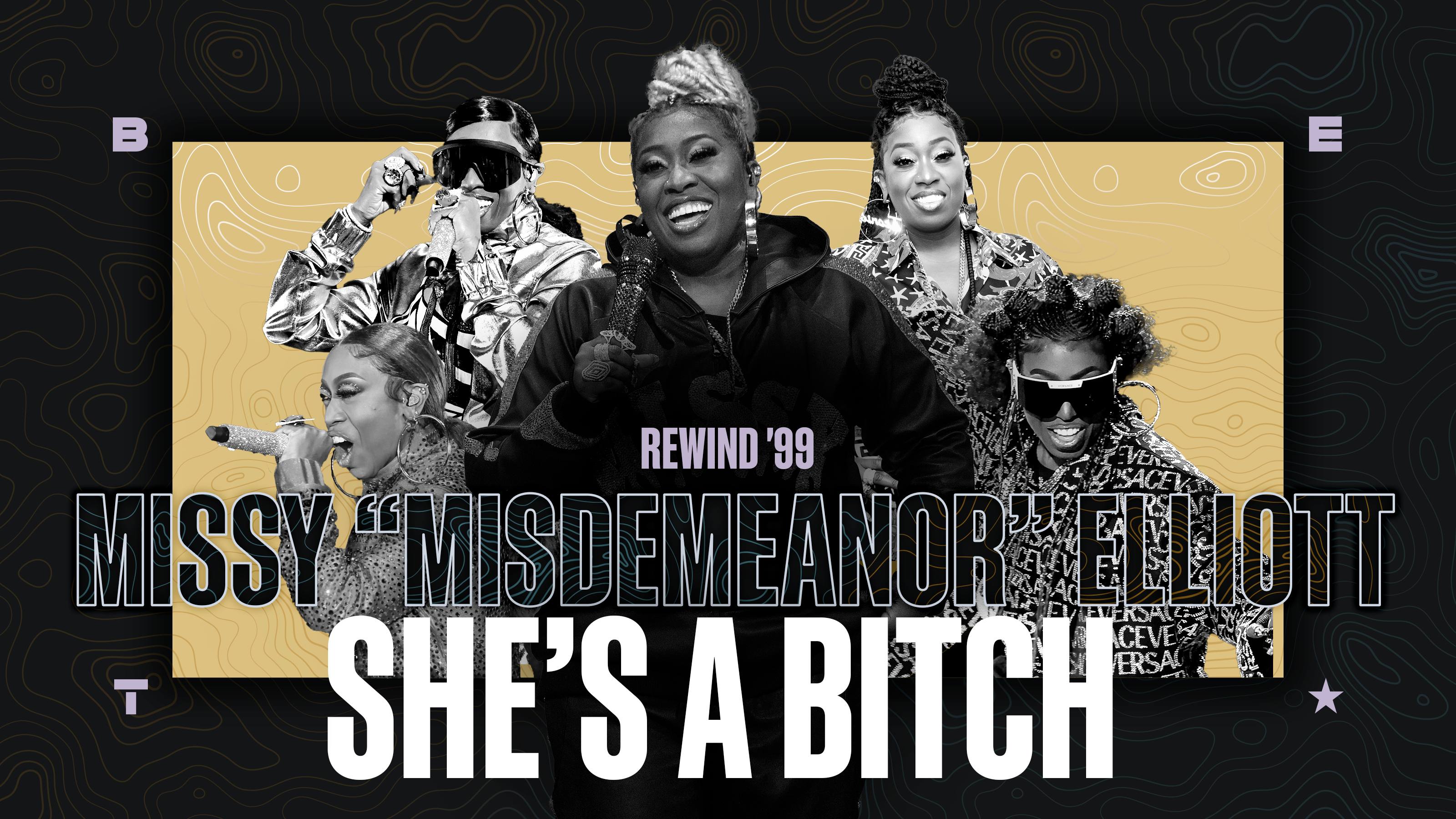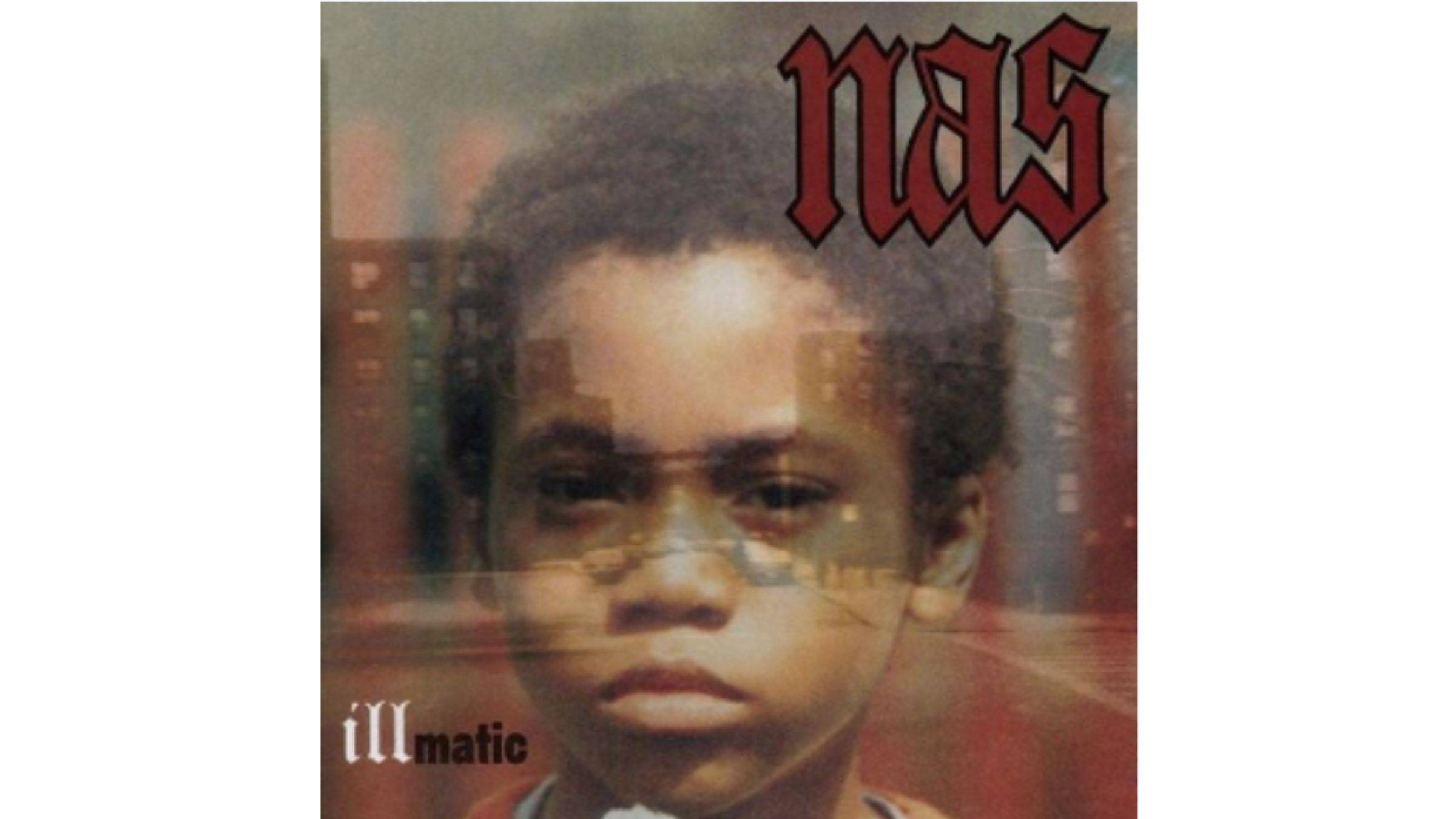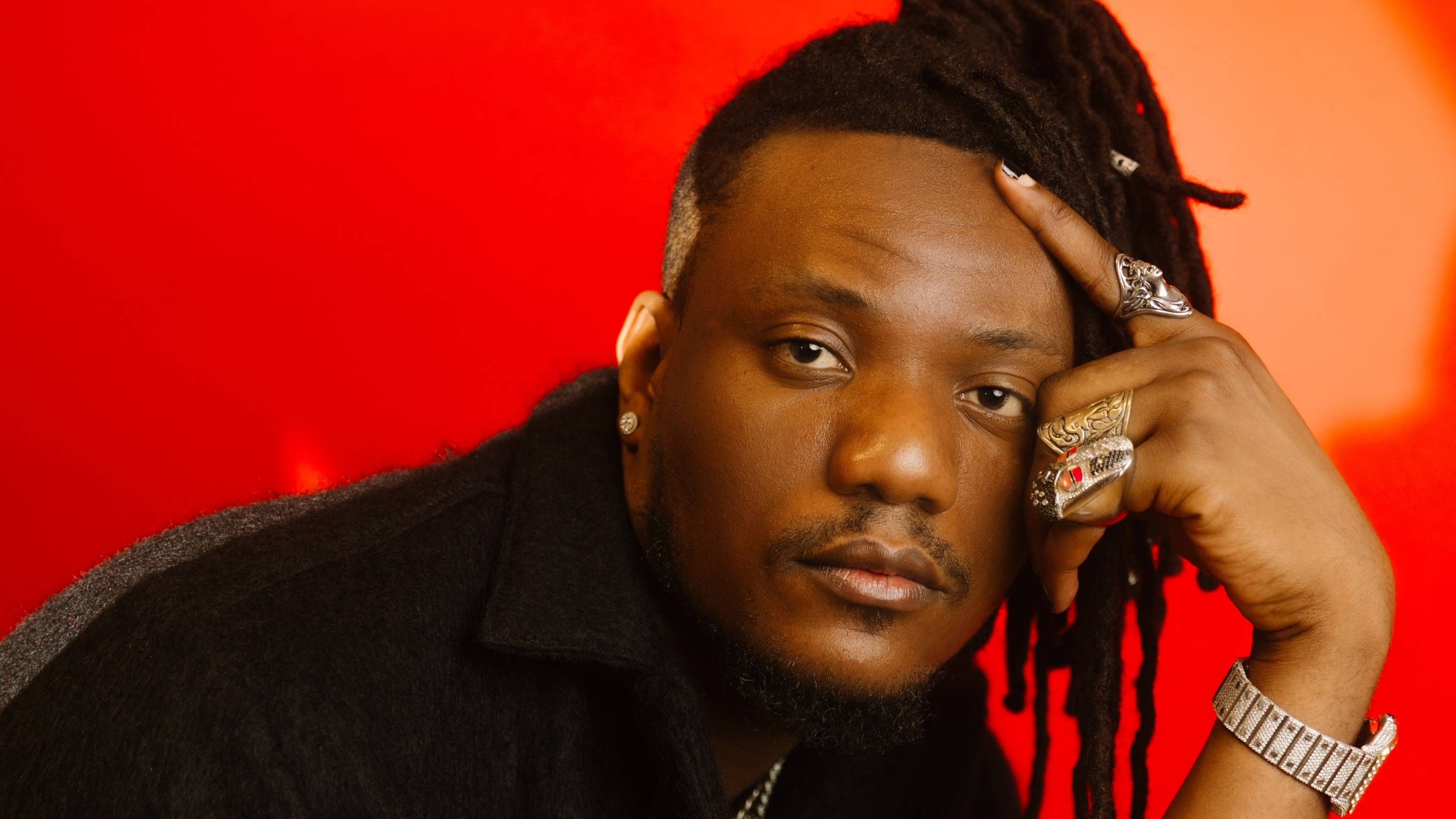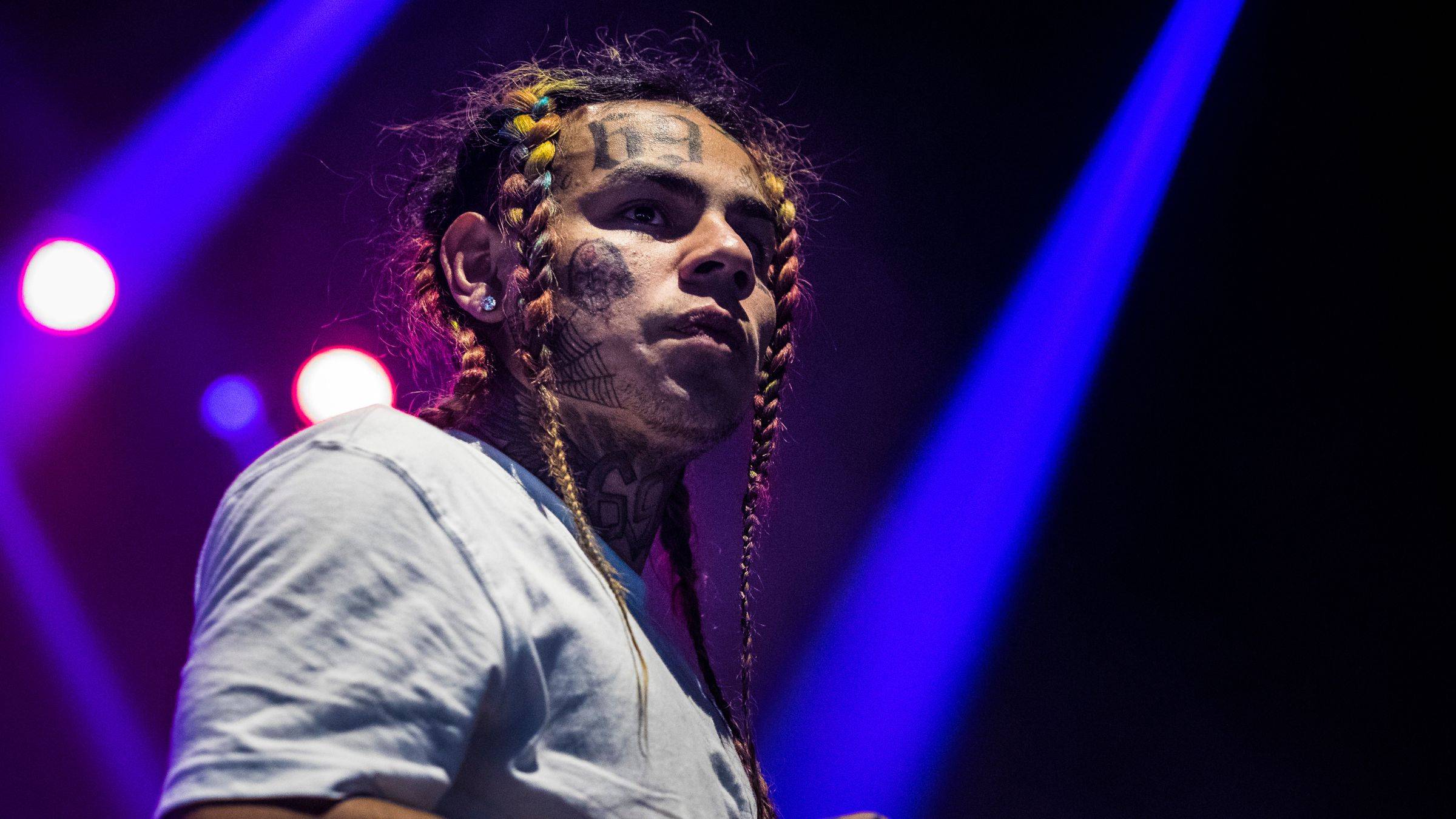Concussions: Youth Football Begins Prevention Work
DALLAS – Youth football leagues are responding to warnings about the dangers of hard hits by offering new videos, coaching exams and other lessons about preventing and recognizing concussions — even though organizers believe their level of the sport is as safe as football gets.
There are an estimated 3 million kids ages 6 to 14 playing tackle football in the United States and longtime league administrators say the majority of players aren't big enough and don't hit hard enough to cause serious damage.
It's really surprising how few (concussions) we've had," said Carolyn Stewart, a coach, board member or commissioner for nearly 20 years in the Dallas-area Spring Valley Athletic Association's football leagues. "I know of more from skateboards or falling off playground equipment.
Still, at a time when the pros down to high school teams are adopting new rules about concussions, and Congress is holding hearings about the risk of permanent brain damage from poorly treated head injuries, youth football organizers realize it only makes sense to play it safe. Nobody wants to be the one who ignored the warnings.
USA Football, the sport's national governing body on the youth and amateur levels, has created a 12-minute video about concussions and made it part of a coaching certification exam. The organization also is pushing the catchphrase "when in doubt, keep them out," and has just hit TV, radio and the Internet with a campaign called "Put pride aside for player safety," which aims to erase the notion of someone merely having his bell rung, so he should shake it off and get back in there.
USA Football's reach is limited, however. It's a budding group, hoping its work on head injuries will help it gain authority — as opposed to the NFL, NCAA and National Federation of State High School Associations, which already have the power to implement changes.
Ten states have passed laws requiring a doctor's approval for youth athletes suspected of having a concussion to return to play, and NFL Commissioner Roger Goodell has urged governors of the other states to join them. Last week, Congress heard testimony on the Protecting Student Athletes from Concussions Act, which would set standards for concussion safety and management in schools.
You've got to be tough to play football, but no one has a tough brain," said Dr. Stanley A. Herring, a member of USA Football's wellness committee who has testified many times before state and federal lawmakers.
The Centers for Disease Control and Prevention estimates there are 3.8 million sports- and recreation-related concussions per year, among all ages. A 2007 CDC report estimated there are 135,000 emergency room visits per year for traumatic brain injuries among people ages 5 to 18, the majority coming from recreational sports.
Youth football organizers say their sport barely contributes to that total.
I can probably count on one hand the number (of concussions) I've seen or that have been reported to us over the last several years," said Jim Louro, in his third season as safety officer for the Jersey Shore Pop Warner league, one of the nation's largest with about 12,000 players on 260 teams across a 90-mile region.
Louro pointed to age-weight restrictions that ensure kids are all roughly the same size. While weight ranges vary among leagues, it's typical for kids on the higher end to wear a sticker or an X on their helmet signifying they can only be linemen; the very heaviest are restricted to offensive line.
The Las Cruces (N.M.) Bantam Weight Sports Association has those rules, and Darin Spence felt the league was safe enough for his son, Drake. Spence even teased that the fifth- and sixth-graders weren't hitting, they were "belly bumping.
Then Drake, a 70-pound quarterback, ran a sweep and was clobbered by a player weighing at least 100 pounds. He came away with a concussion and a dent above an earhole on his helmet.
Spence, the women's basketball coach at New Mexico State, had seen enough concussions to be cautious. He forced Drake to miss two weeks.
If they whine, you've just got to be good at explaining you are doing what's best for them," Spence said.
A basic step toward preventing concussions is teaching kids proper tackling technique.
We always tell them, `You cannot hit with your head down,'" said Jeff Mabry, defensive coordinator for a team of 11- and 12-year-olds in the Franklin (Tenn.) Cowboys program that's featured in country star Kenny Chesney's "Boys of Fall" video.
Another basic element is equipment — making sure it's sound and worn correctly.
Even though Stewart's Dallas-area league gives players equipment she considers very safe, she's studied so much about concussions that this season she took extra precautions for her grandsons, who are old enough to play for school teams. She bought them high-tech helmets costing $190 and $250.
People heard what I was doing and wanted them, too," she said. "I probably ordered 15 or 16.
Some leagues don't even provide equipment, said Sam Mutz, Pop Warner's national football commissioner. He's heard of kids using hand-me-down helmets, or ones bought off Craigslist.
For leagues that do provide equipment, the tab adds up quickly: $21 to recondition a helmet and around $70 for a reliable new model, Mutz said.
It's also important for coaches to make sure kids helmets are snug enough to leave a mark across the forehead and chin straps are buckled. Otherwise, they protect about as well as a seat belt wrapped around a door handle.
Something like 25 to 30 percent of equipment doesn't fit properly," said Scott Hallenbeck, executive director of USA Football. "I sit through presentations from equipment experts and I'm shocked at how many coaches say, `Wow, I didn't realize how to do that.'
USA Football started in 2002, a product of the NFL and NFL Players Association wanting to put an umbrella group over the fragmented world of youth football. Pop Warner is the biggest, most well-known organization, yet it covers maybe 10 percent of all leagues. Up to 85 percent are independent.
USA Football doesn't run leagues. It offers tools to help others run their leagues, such as certifying coaches and hosting clinics.
Hallenbeck began delving into concussion awareness with the CDC and the American College of Sports Medicine (ACSM) in April 2009. He testified before Congress in January, and, in February, USA Football and ACSM co-hosted a concussion summit attended by national federations of other sports, including soccer and lacrosse.
We talked about how we could boil this complex issue down to bite-sized pieces that (coaches, parents and kids) can consume, and how we could get that message out there," Hallenbeck said.
The group's updated coaching exam requires correct answers to 68 of 85 questions based on the concussion video. More than 30,000 flag and tackle coaches have passed this version.
However, the organization estimates there are more than 415,000 coaches. That means roughly 93 percent haven't taken it.
With so much attention on this dangerous aspect of football, Hallenbeck expected youth players and their parents to be scared away this season. He was bracing for a drop of up to 2 percent — roughly 60,000 kids. But neither he nor Mutz from Pop Warner have seen a significant dip.
Dr. Herring hopes concussion treatment becomes accepted the way other safety measures have been in the past, such as drinking water going from a sign of weakness to being encouraged starting the night before a game or practice.
He notes that today's kids are being taught the signs and symptoms of a concussion, and a healthy dose of fear. They're encouraged to speak up if they or a teammate might have sustained one. They're also less likely to taunt or be taunted about missing games.
No one used to wear seat belts or bicycle helmets until there was a culture change for public safety," Herring said. "We need to get there with concussions.





